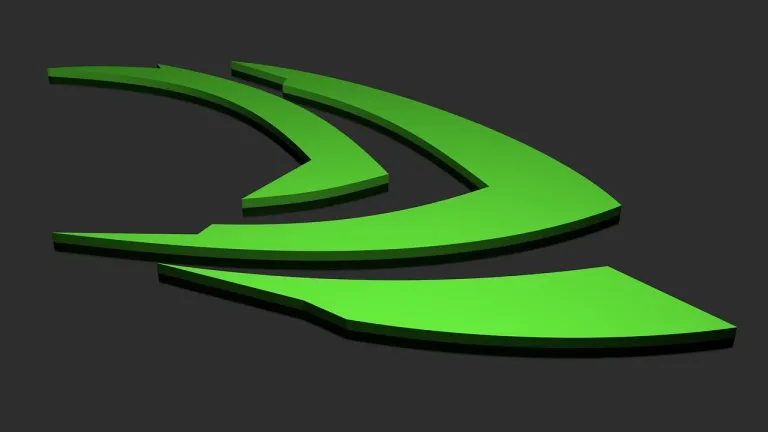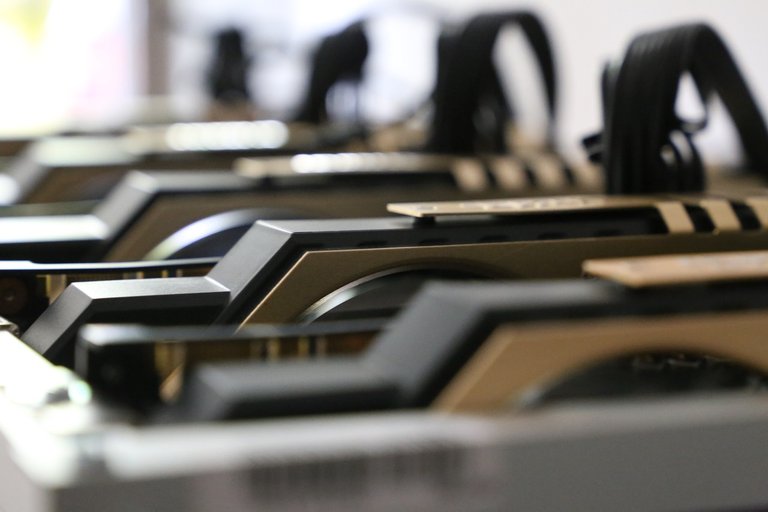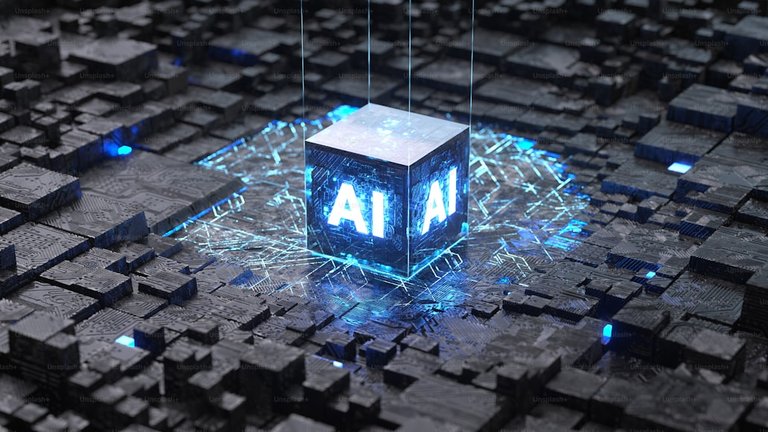Impressive revenue figures notwithstanding, stock at the AI chip giant took a beating.
What wrong?

Let's wade through numbers and unpack what exactly it means for the future of AI and the tech industry as a whole.
First of all, a quarterly revenue of $30 billion is not something one sneezes at, it's more than the GDP of some countries. Nvidia has been riding the AI wave like a professional surfer, doubling its sales from last year.
But Wall Street expected even more.
What a tough crowd!
It's like Nvidia threw a huge party and invited the whole town, and people started whining that their cake wasn't big enough. The company was more than a billion dollars over what analysts expected, yet investors were still not satisfied. It says everything about sky-high expectations regarding AI and its poster child, Nvidia.
Nvidia's CEO, Jensen Huang, in his leather jacket, has become something of a rockstar in the tech world. He's been talking big about how AI will disrupt every industry imaginable, and thus far, he hasn't been wrong. With great hype comes great responsibility, and now Nvidia feels the pressure to continue touting astronomical growth.

The fact that Nvidia's stock price decline was modest following the earnings report is not, per se, a bad thing. It is a dose of reality to a market drunk on AI optimism. Investors seem to be taking their places and understanding even the most magical world of cutting-edge technology has to face the economic law that trees do not grow to the sky.
Yeah, the interesting tidbit was that production delays for Nvidia's next-gen Blackwell chip have stuck out. Innovation in hardware is hard and takes time. Software companies can click a button and deploy updates, while companies like Nvidia have to deal with long, complex supply chains and manufacturing processes.
The AI gold rush has been a boon for Nvidia, yet it has also put a target on its back.
Competitors, including Intel, have eyed Nvidia's dominant position, looking for any chink in the armor. Nvidia's lead today is built on several years of investment in both hardware and software ecosystems, but within the fast-moving world of technology, today's leader can quickly turn into tomorrow's has-been.
But the big question for the future is, Will AI deliver?

Organizations have channeled billions into the technology, driven in large part by chips from chipmaker Nvidia. To pay off this investment, we need to see AI applications that go further than simply chatbots and image creation. We need AI that solves real problems and further creates value within businesses and consumers.
The Nvidia story, in that sense, is fully representative of the wider AI industry: the hype is real, but so are the pitfalls.
As we move down the peak of inflated expectations to the slope of enlightenment, companies like Nvidia need to prove that AI is not just a buzzword or fad.
Nvidia's "disappointing" earnings may prove to be the dose of reality that a decidedly irrational exuberant AI industry just needs. A reminder that building the future takes time, effort, and even setbacks along the way.
Posted Using InLeo Alpha
Congratulations @happyheart01! You have completed the following achievement on the Hive blockchain And have been rewarded with New badge(s)
Your next target is to reach 2750 upvotes.
You can view your badges on your board and compare yourself to others in the Ranking
If you no longer want to receive notifications, reply to this comment with the word
STOPCheck out our last posts: